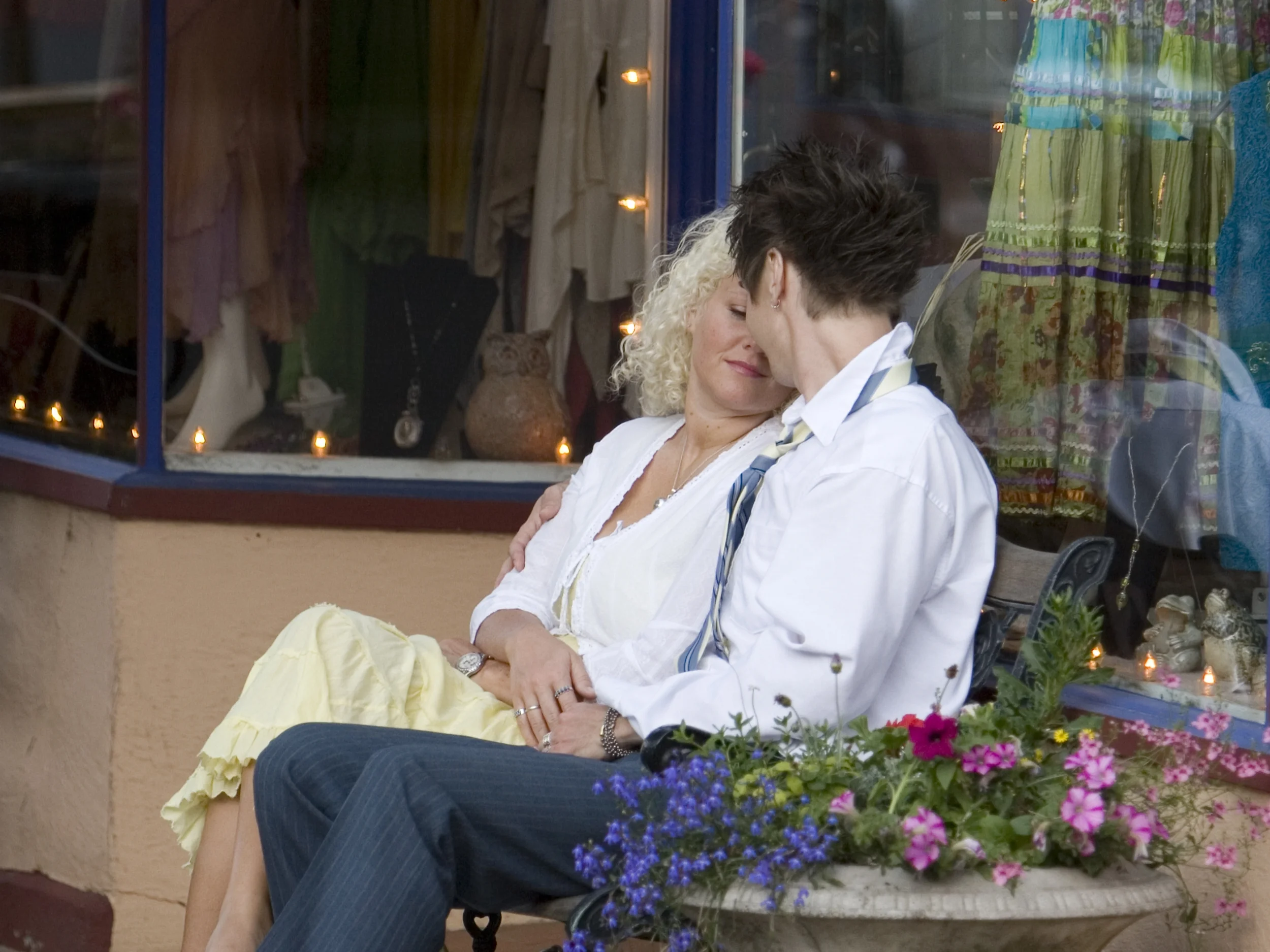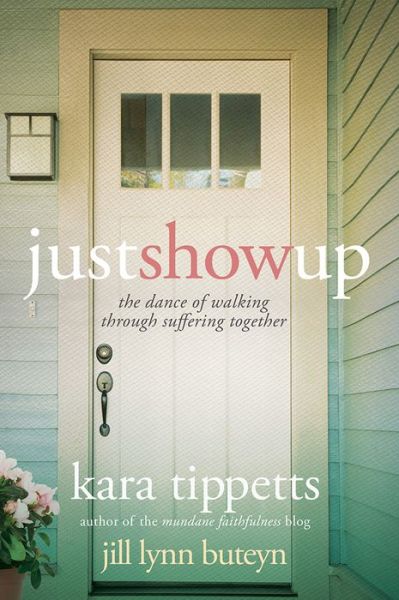Note to the reader: This post deals with sensitive subject matter. Please proceed with discretion.
I recognized it long before I acknowledged it—I had heard it before. I tried to ignore it, to tell myself I was mistaken, to convince myself that I was just tired or anxious or something…anything…
But that voice, that quiet voice was persistent, gentle, patient. I hear it whisper to me when I’m praying in the morning, lying in bed, wondering how long I have until my little boy notices I’m awake and climbs under the covers with me for morning snuggles. I hear it when I’m washing dishes and my daughter is “making coffee” behind me in her play kitchen. The calm of the morning welcoming hope for the day—my children ask for hope every morning over breakfast. What will we do today, Mama? What is today? Will Samantha come over? Do we have Bible study? Will Papa come home for lunch? Their hearts need so little to hope, so little urging to choose joy each day. The possibility of meeting another child at the park to play with, the possibility of a walk to our neighborhood coffee shop, the possibility of digging in the dirt patch in the backyard. All spur hope and joy in them.
I try to remember what it was like to be so easily hopeful. How long ago was it when I woke up and was excited to face the day? When did I start planning and controlling and dreading?
The last time I heard this voice was four years ago. I was on a walk with my baby, reveling in his milk-induced stupor, how happy he was just to be pushed in the stroller staring at my face. The voice interrupted all that, distracted me from enjoying my boy. And each day on that sacred walk, the voice would quietly interrupt. I begrudgingly listened until I understood—study suffering. Establish a theology of suffering.
It scared me. Why would I need to do this? I told myself that every Christian needs a theology of suffering. But facing my newborn, I was so afraid that God was asking me to journey suffering with my child.
I was wrong. Fewer than 18 months later, my friend Kara would receive an updated cancer diagnosis—terminal. God asked me to walk the unthinkable with a friend. And in his kindness, he had asked me to be ready.
This time, I haven’t felt the dread of the voice like before. I have felt like God was going to ask something big of me, and I haven’t been sure I wanted to say yes, to move toward him. But like always, God’s pursuit has been persistent until I couldn’t ignore him any longer.
Yes, Lord, what is it? Tell me. My heart has become discontent in fighting. I don’t want to run from your pursuit. I don’t want to ignore how you are engaging me. I am on edge constantly because I am scared to lean into you—I am scared to walk this road with you. I am scared to know what you will ask of me. But living like this is worse than facing whatever it is you will ask of me. And I want to trust you. Please help me trust you.
Peace came. Briefly. I asked my women’s small group to be praying for me: I am on the cusp of something. God is asking something of me. I am excited. I am afraid. I am weak.
I fought going to church Sunday. My heart resisted, and I felt anxious. I lay awake Saturday night wondering why I was anxious, wondering how I could get out of going, wondering what I would encounter if I went. And the next morning, sitting there in my seat, our assistant pastor called us to worship with the reminder that God invites us into his beauty, that we are a part of his redemption song.
My prayer of confession was emboldened by part of the passage we were looking at in Hosea: In you the orphan finds mercy.
Yes, Lord, have mercy on this orphan, help my unbelief, have mercy on my fearful heart, open my eyes and ears and heart to hear you clearly, to enter into your presence with joy and hope.
Jeremy’s sermon drew me further into a response to God. Jeremy asked if we had stories that were so broken we feared they couldn’t be undone. Tearfully, my mind traveled back 10 years to the summer before I met Aaron. A summer of confusion and brokenness and shame. The summer I was held down, my eyes closed in shock and pain and fear. I opened them to see these faces of men I didn’t know, the face I did know nearby, contorted in laughter and evil intention. In a flash, everything was black, and I was certain God had left me. Where are you, God?! Save me, Jesus! Do you not love your daughter? Do you not run to spare her from harm?
Silence.
And then afterward, the shame and shift in identity. This is who I was now, this is all I was good for. And that same girl who shamed me for a birthmark when I was 2, now a counselor, told me what happened was my fault—God had deserted me because I was sinful.
It was Aaron whom God used to speak truth to me, whom God used to tell me of my true identity. It was Aaron whom God used to pull me back to Scripture and read the truths of God’s Sovereignty and justice and compassion. It was Aaron whom God used to dissipate the fear that took my breath away any time I saw a man in fatigues.
And this Sunday morning, it was Aaron who held my hand as I listened to Jeremy unpack God’s Word, my tears falling shamelessly as I reflected on my brokennest story—the story that, deep down, I have believed was beyond redemption. As I listened to Jeremy preach, I heard in tandem the voice that has been calling me, interpreting this beautiful message of redemption into words that spoke to my very heart, my very situation. I listened, rapt with hope—Tell me, Lord. Tell me what you would ask of me! Hold me and tell me and give me faith and grant me mercy.
Believe me, child. Believe me, my beloved daughter.
Believe? Believe what?!
But even as I asked, I heard the answer in the sermon: While we aren’t cured on this earth, we can still be healed. God does heal, even if we are left with scars.
That was it. God was asking me to remember my brokennest story, to cry and recall the shame, to recall the darkness and my fears. Because God was asking me to see that he has indeed healed me—he didn’t leave me to believe the lies thrown at me or to live in fear of men. He didn’t leave me, used and discarded and terrified. He brought me life—he set me under the shade of Aaron’s love so that I could recognize the shade of his own love. So that I could heal and grow and become beautiful in his time.
God was asking me to truly believe that he has never abandoned me. And seeing the redemption and life and beauty over the last decade, I can’t not believe. I wept in joy and hope and delight. I wept in the experience of faith. I wept in the arms of my God.
What are your brokennest stories? Do you believe that God will never abandon you? Do you believe that God can heal you, even if you will have scars? What is a passage of scripture that you can meditate on to remind you of these truths? Is there someone with whom you can share your heart or for whom you can be a safe place for them to share their heart and struggles with their own broken story? Do you rest in the shade of God’s love? Can you provide that shade to someone else?




